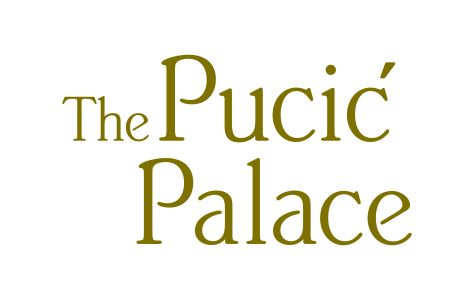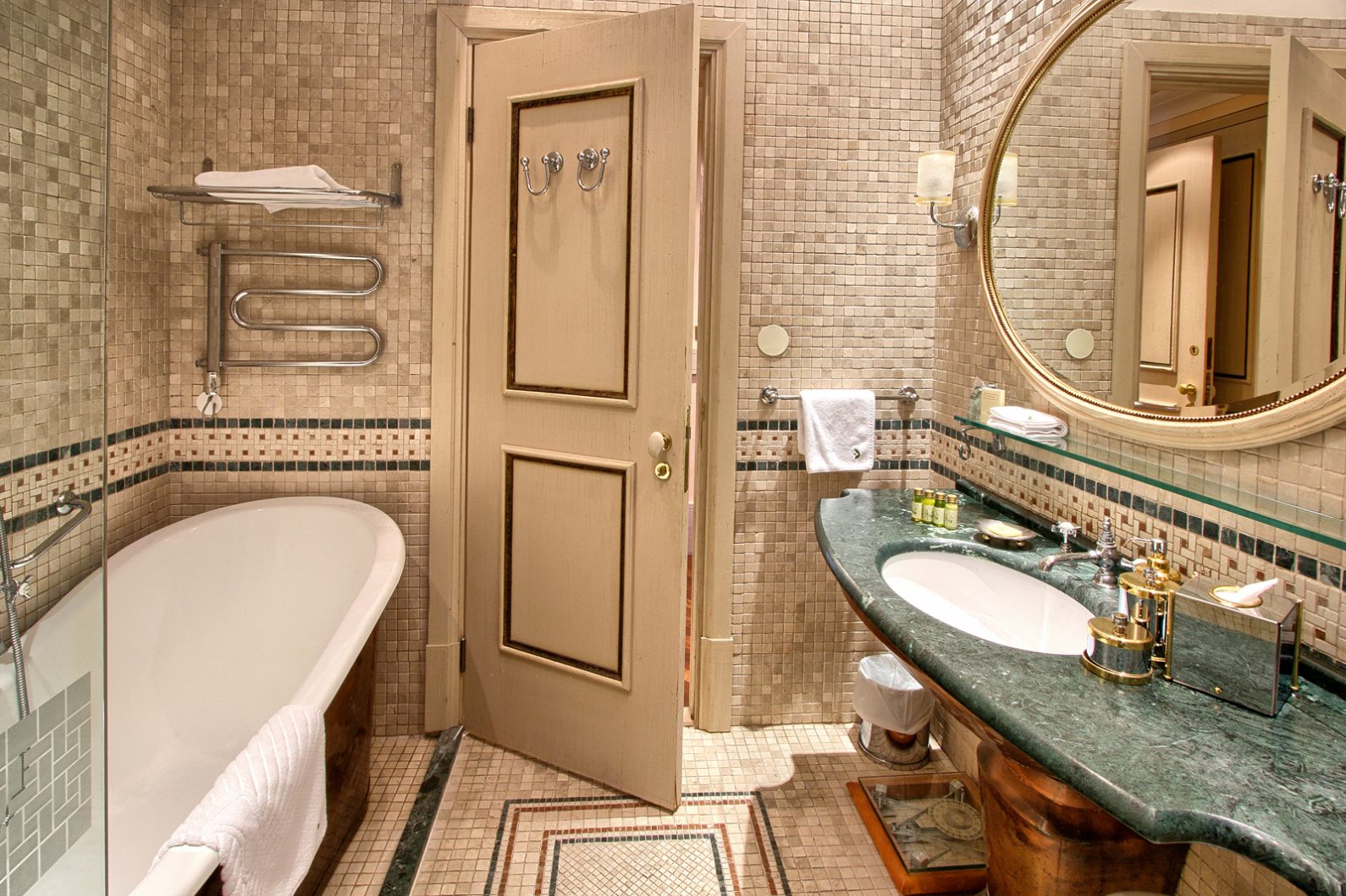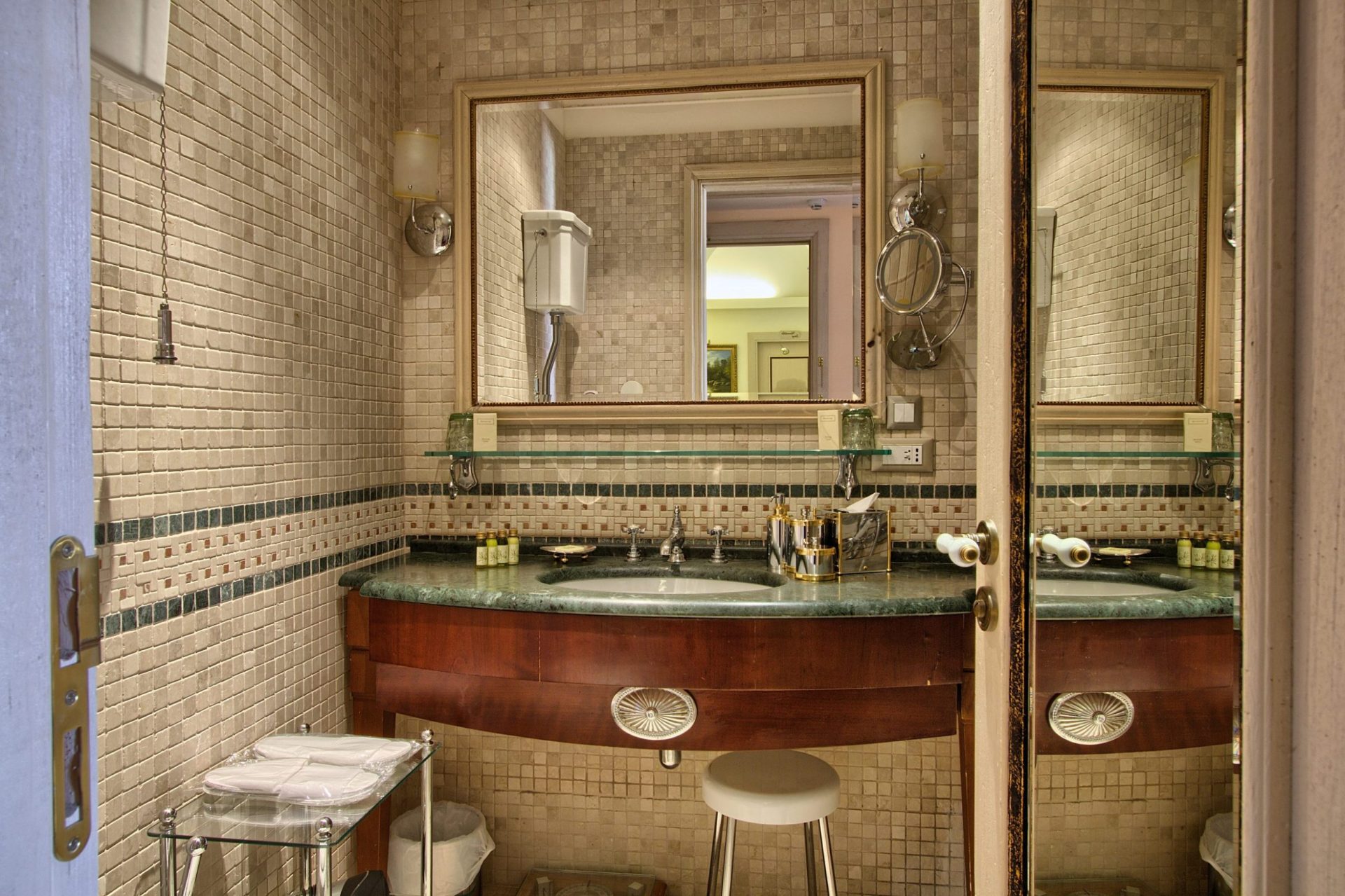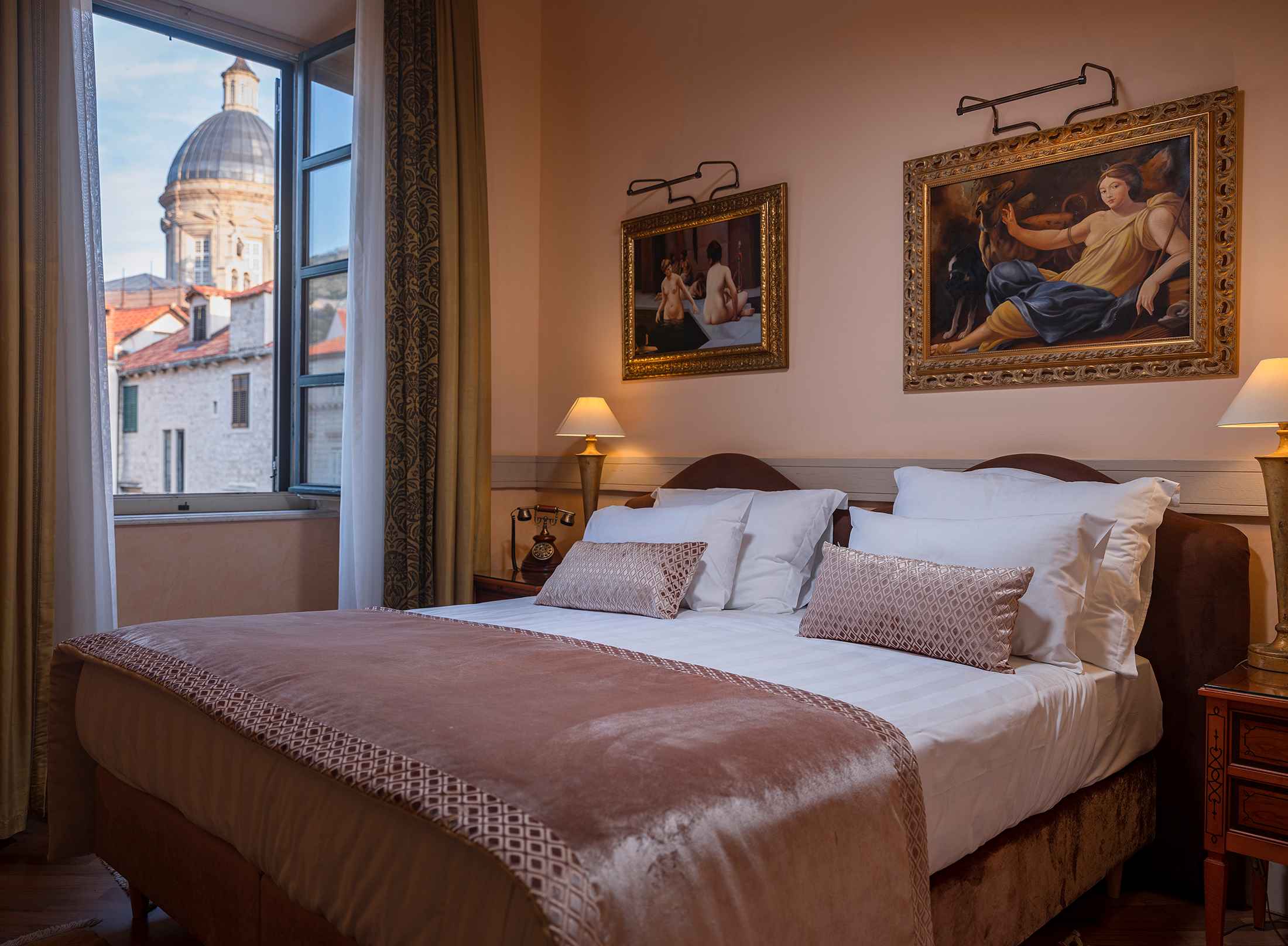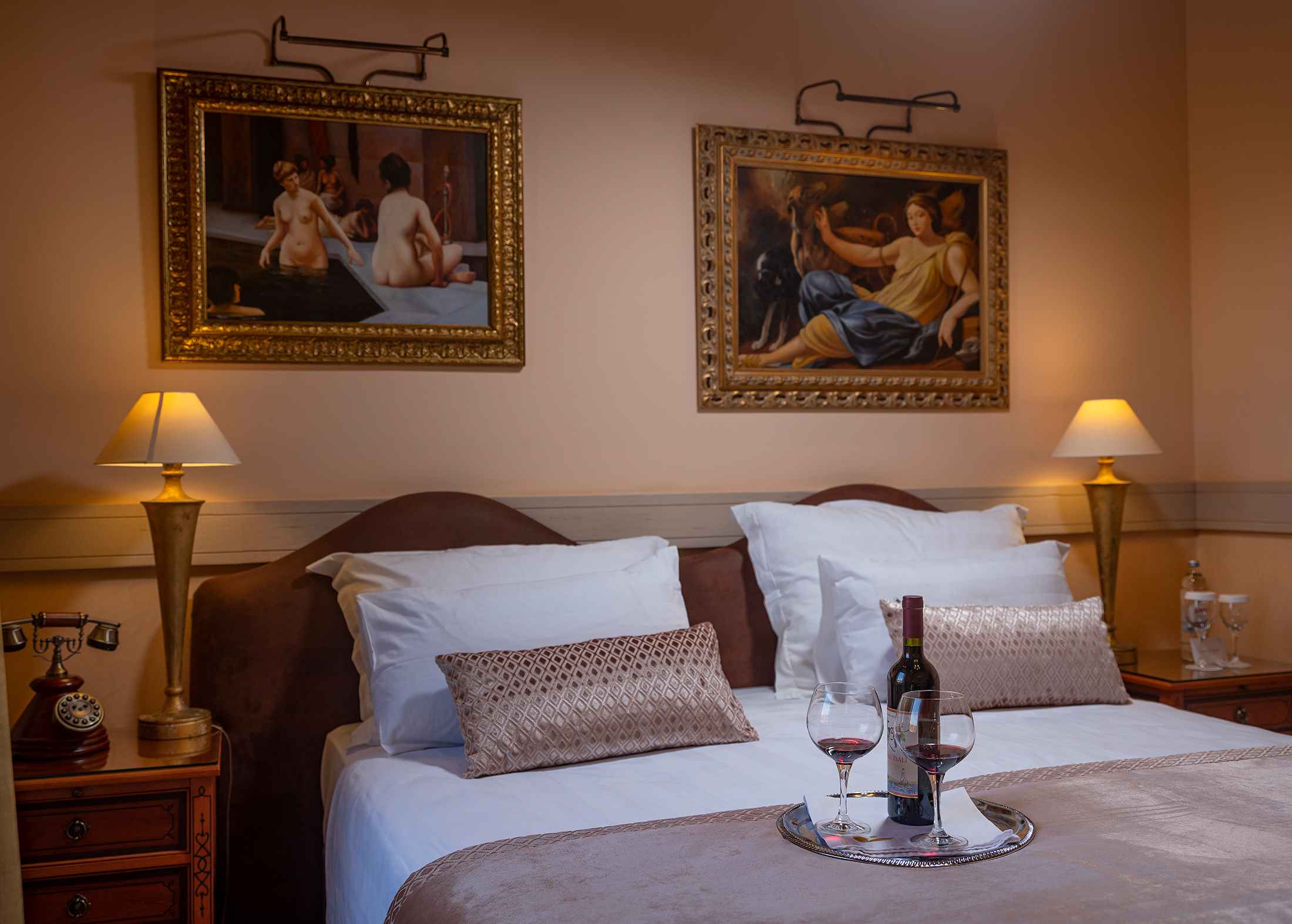Book your stay in The Pucić Palace
Deluxe Room
Breathtaking views of city's pictoresque green market on the Gundulić Square, cathedral dome and historic buildings. Elegantly appointed with antique furnishings and modern amenities, full of sunlight.
Our rooms and suites carry the names of the most famous citizens of Dubrovnik, as an homage to their spirit, and the living heritage they have bequeathed to the city.
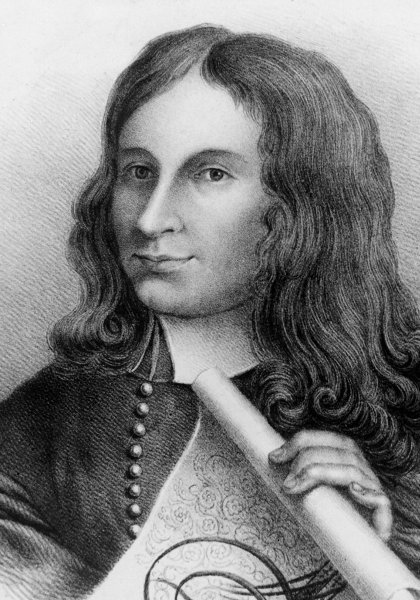
Nikola Bunić
Resplendent Valiance
Poet, diplomat, and politician, Nikola Bunić was born in Dubrovnik in 1635. Bunić held the highest functions within the Dubrovnik Republic and served as its Rector three times. When the great earthquake of 1667 devastated Dubrovnik, Bunić excelled in restoring order to the city, preserving the treasury, and organizing the government. However, he is most remembered for his extraordinary and brave diplomatic services. During his last diplomatic mission, he became a hostage and yet refused to betray Dubrovnik, which lead to his demise. His service and bravery were described by many poets of the time. The Republic paid him homage by erecting his commemoration plaque, one among three that were ever set in memory of individuals in the Republic.
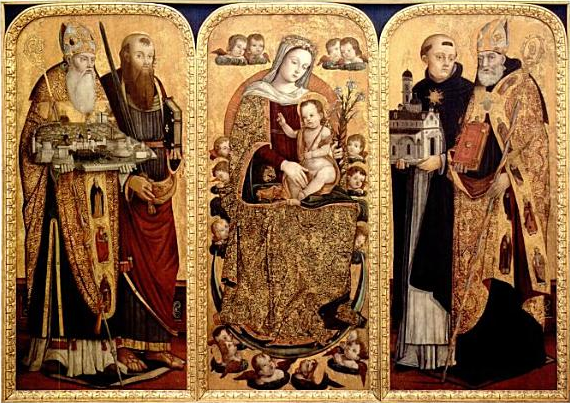
Nikola Božidarević
Golden Triptychs at the Gates of Time
Nikola Božidarević, known also as Nicholas of Ragusa, was a famous Dubrovnik painter, born around 1460. His life path took him from a modest village to a life of prominence and affluence. His hard-working character and high demand for his creations are well documented in Dubrovnik City Archives which keep traces of numerous contracts for his works. Though many of Božidarević’s paintings – frescos, polyptychs, and triptychs – have not been preserved, some still adorn the Dominican Monastery and church, as well as the Franciscan church on the Island of Lopud. In all that matters, his style reflects a true threshold between gothic and renaissance
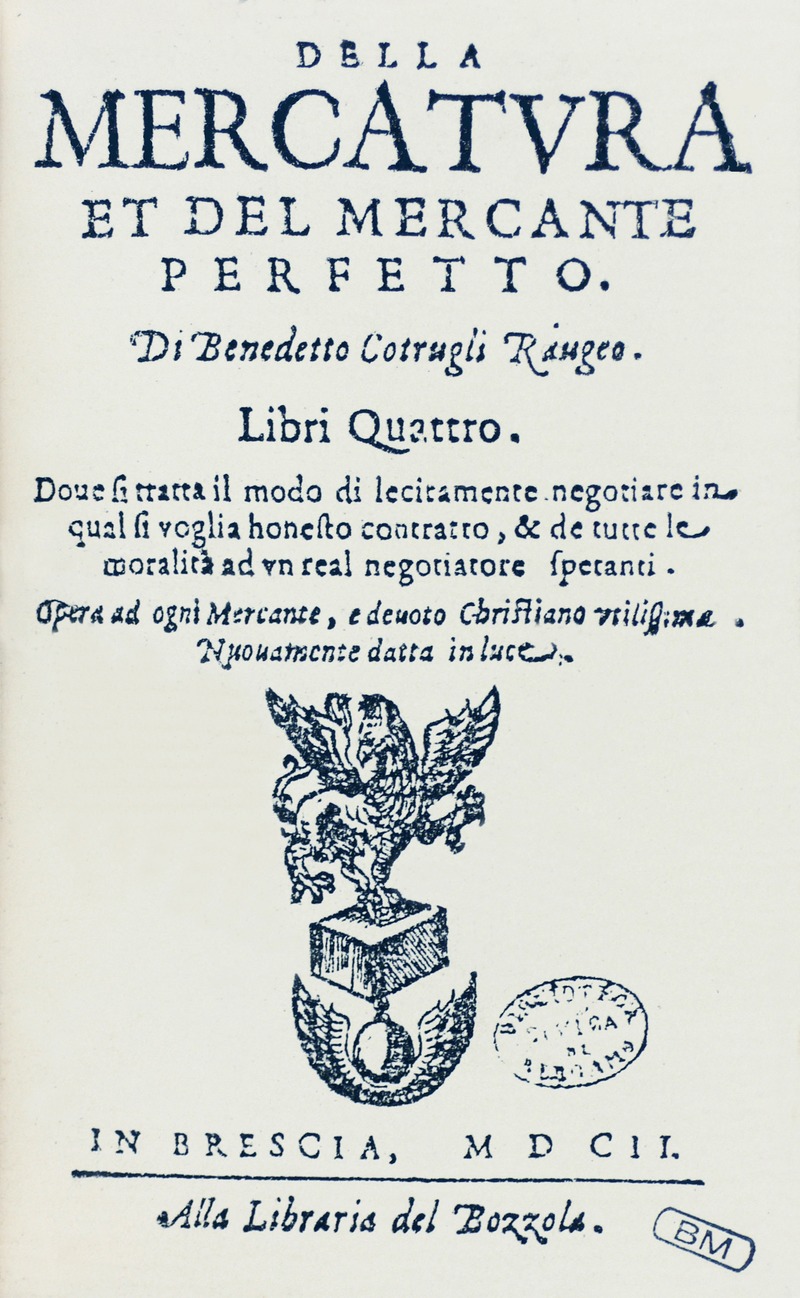
Benedikt Kotruljević
Elegant Numbers from an Elegant Time
A true Renaissance man, Benedikt Kotruljević was a Dubrovnik merchant, economist, scientist, diplomat, and humanist. Born in 1416 in Dubrovnik, known abroad as Benedetto Cotrugli, he spent 15 years in Republic’s diplomatic service at one of the liveliest European courts of the time, in Naples. The earliest extant copy of his Book on the Art of Trade is kept in the National Library of Malta and is dated 1475. The book’s text is followed by an appendix containing many entries that lay out the basics of the modern double-entry bookkeeping system, thus predating the famous Luca Pacioli’s explanation of the same model that became the basis of modem banking and accountancy.
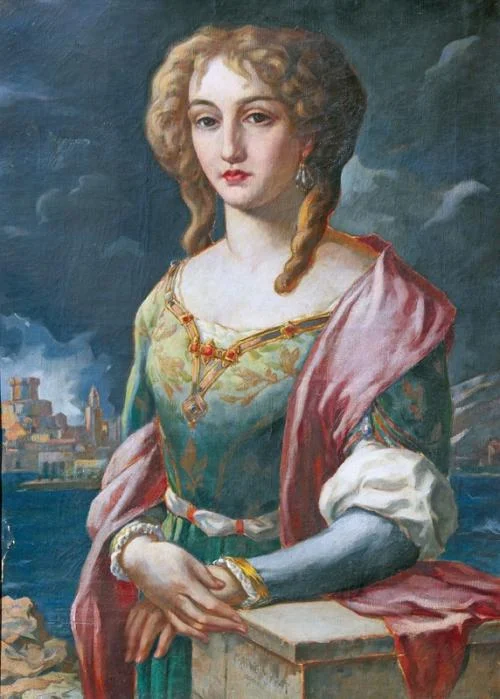
Cvijeta Zuzorić
Ode to timeless virtue and beauty
Lyric poet, born in Dubrovnik in 1552 to a prominent merchant family, Cvijeta Zuzorić was a daughter of Frano Zuzori and Marina Radagli. Early in her childhood, she moved with her parents to Ancona, where she received an excellent education. Upon her marriage to Florentine nobleman, merchant, and diplomat Bartolomeo Pescioni who had been Florentine consul in the Dubrovnik Republic, she moved back to Dubrovnik, where she quickly became the center of artistic and intellectual circles. Cvijeta Zuzorić regularly invited numerous artists and authors to her house, home to a widely known literary academy. An exceptionally intelligent and beautiful woman, she wrote excellent epigrams and gentle poems. Cvijeta’s virtues and beauty were celebrated in countless poems, including by the famous Italian poet Torquato Tasso. Her great friend Nikola Vitov Gučetić described her physical and spiritual beauty in his famous philosophical work on love, a treatise on the Meteors of Aristotle.
